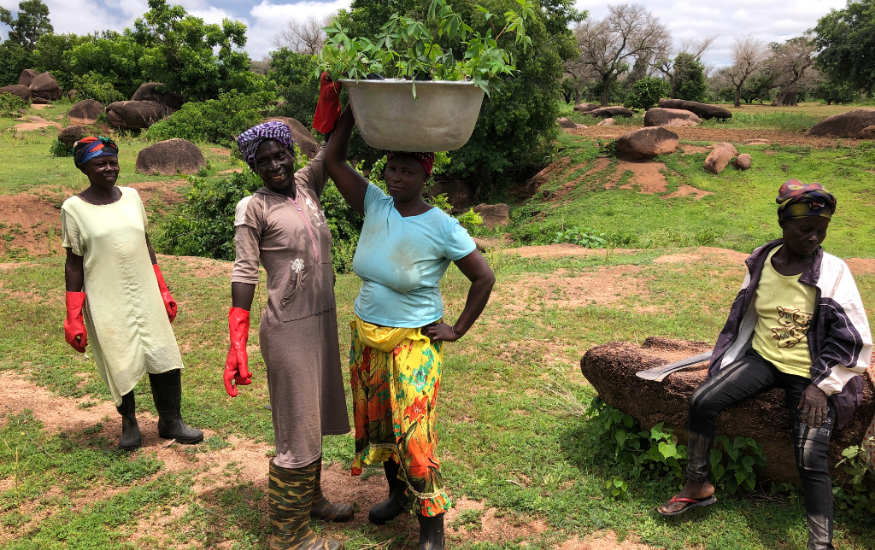The kick-off of the Blue Deal Community of Practice (CoP) Social Inclusion & Stakeholder Management took place on February 8. Online of course, so that colleagues from all partnerships worldwide could participate.

Social inclusion and climate adaptation are the 2 crosscutting themes for the Blue Deal. This means every partnership should include these topics in their annual plans. Social inclusion is also an important part of the Sustainable Development Goals, to which the Blue Deal contributes. With funding from the NWB Fund, a Focal Point for Social Inclusion for the Blue Deal is installed, together with a Leading Group, to help partnerships take social inclusion to a new level. The Focal Point and Leading Group are meant to take the topic social inclusion even further within the framework of the Blue Deal. One of their tasks will be to help the members of the CoP to learn more about social inclusion.
Catalyst for positive change
The session was presented by the chairs of the CoP: Tanah Meijers and Harmke Berghuis. During the session, there was an emphasis on social inclusion as a catalyst for positive change in addressing water related challenges. Action is needed to make use of the impact and power of diverse perspectives in problem solving.
What is social inclusion?
Social inclusion is a broad and contextual topic, for which many definitions are used. For the Blue Deal we look at it like this: Each individual has the ability, resources and opportunity to participate and influence. However, we should not dwell too much on semantics and definitions: this can paralyse efforts for positive impact in our partnerships. However, it makes to still have questions about what social inclusion is really about. The Focal Point (Tanah Meijers) and Leading Group are happy to think along and share thoughts with you.
Why is social inclusion important for water authorities?
Traditionally, within the water authorities, challenges in our field are often approached from a technical and practical standpoint. Water experts seek solutions, preferably as concrete as possible. However, we operate within a context that is highly complex. Focusing only on the technical solutions, can actually cause unanticipated impacts that can even disrupt the livelihoods of marginalised communities. When we look at the social ecosystem of which our projects are part, everyone has a piece of the puzzle that can solve the issues we are dealing with.
Chances and challenges
One of the participants mentioned the challenge that the communities they work with are often mainly concerned with their daily survival, instead of discussions about whether everyone is involved. While this can be a challenge, it can also be an opportunity. Because social inclusion is not so much about the discussion, but rather about the solution that works best for these communities. Other participants also mentioned challenges they faced. And that is exactly the reason for the CoP, the Focal Point and the Leading Group. Together we can identify these challenges and see how we can deal with them to increase the impact of our programme.
Of course there were also some inspiring examples of attempts to take steps in the field of social inclusion and socially inclusive stakeholder management. See some examples in this article.
Want to join?
This year, there will be 3 more CoP’s on social inclusion. The next will be on April 2, 14:00 – 15:30 CET via Teams. Want to join? Send an email to info@bluedeal.nl.
